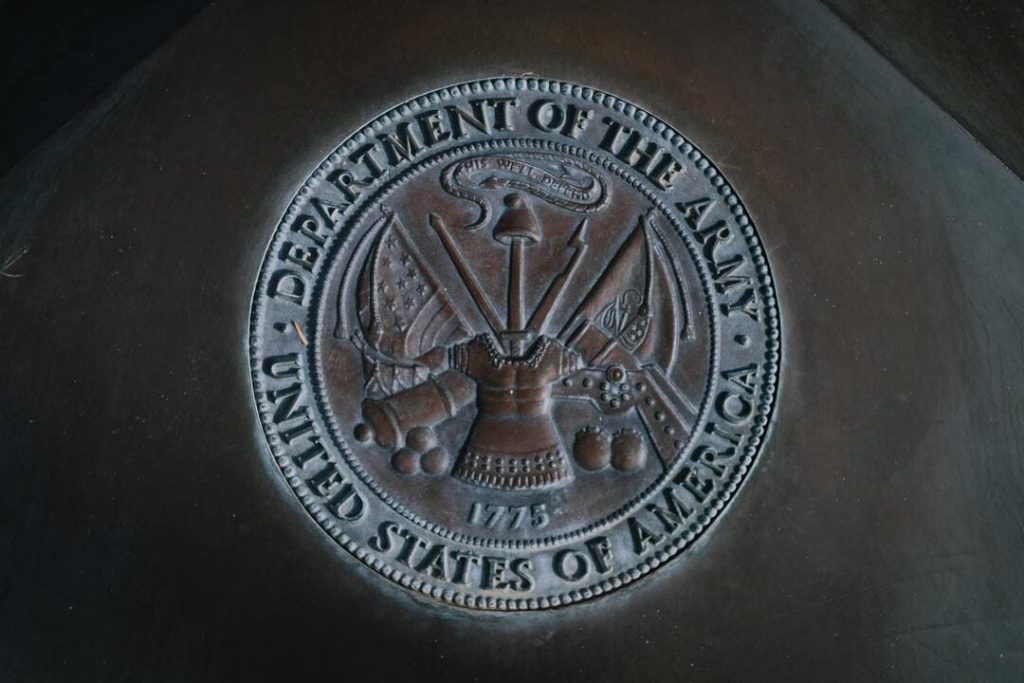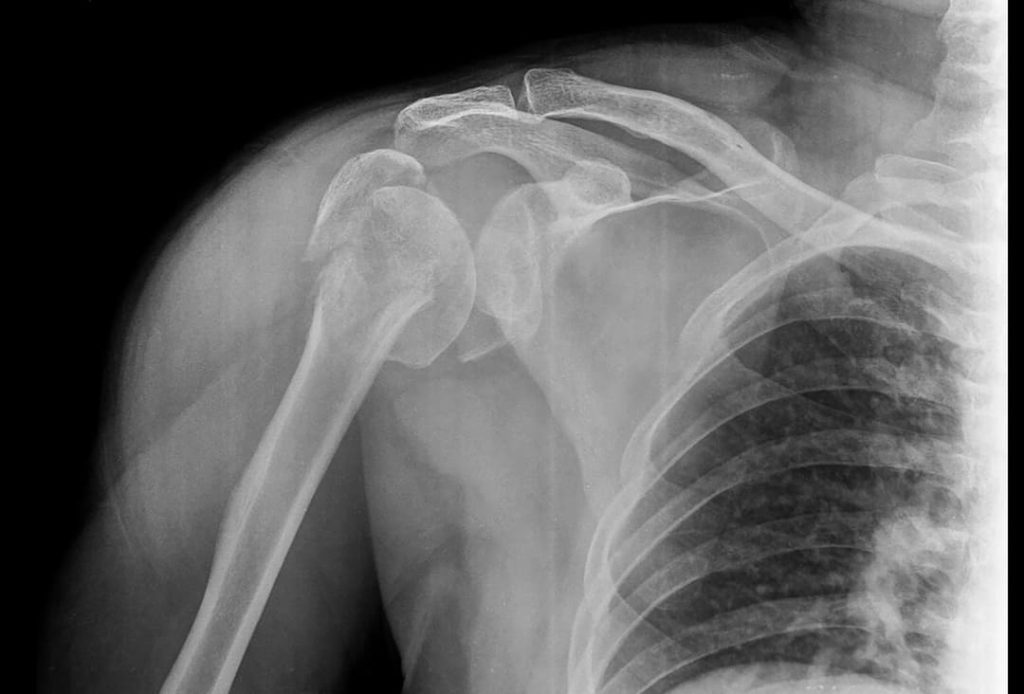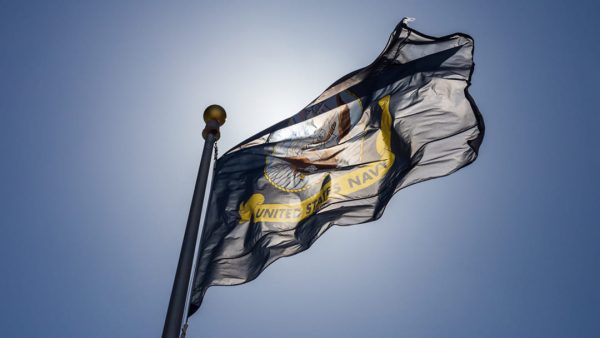Looking for Expert-Level VA Claim Answers?📱Call Us Now! 737-295-2226
The Elite Success Story of Veteran Hornaday
Army Veteran Hornaday knew it was time to make a change. After coming across a VA Claims Insider YouTube video, he took action.
“I’d been neglecting my family and my personal physical and mental health for over two decades. It was time to work on myself.”
Less than three months after joining the VA Claims Insider ELITE Program, the VA awarded Hornaday a 90% VA disability rating. But more important than benefits, he’s begun recovering pieces of himself he lost along the way.

By the age of 17, Hornaday knew he wanted to follow in his brother’s footsteps and join the Army, so he signed up for the delayed entry program. On July 25, 1997, he shipped off to Fort McClellan, Alabama, for One Station Unit Training (basic training and Military Police School).
Following basic training, he was promoted to E-2, graduating second in his company out of 129 soldiers and an Honor Graduate. He was 100% committed to the Army and on his way to big things.
But that changed when he arrived at his first duty station: the US Disciplinary Barracks at Fort Leavenworth.

“My expectations of the Army took a 180 when I arrived in Leavenworth. It wasn’t at all what I expected.”
Despite the challenges, Hornaday leaned into his work ethic and pushed forward. He was promoted to E-4 after just 18 months, despite the constant challenges of working inside of the completely garrisoned unit.
Before long, he was ready for a change of scenery and volunteered for a tour in South Korea. In 2000, he left Fort Leavenworth for Camp Humphreys and what was supposed to be his final duty station.
While in Korea, Hornaday spent six days a week in the gym as he progressed toward his goal of representing the Army in powerlifting competitions.

But that ended abruptly when he injured both of his shoulders during an incline bench press.
“I still can remember the sound and the feeling when I blew both of my shoulders out simultaneously.”
After repeating an 800-milligram Motrin routine for several months, Hornaday grew increasingly frustrated with the Army’s medical advice. Popping NSAIDs to mask the pain was not his idea of care.
“What I wanted was for the Army to fix me. I’d been giving 110% to the Army, and I expected they would take care of me. Fix me.”
At his 90-day ETS physical in Korea, Hornaday saw a “real” doctor for the first time since his injuries. The doctor identified the severity of his injuries and sent Hornaday to Dan Cook University Hospital for MRIs. The MRIs revealed damage in both of his shoulders and his back.

“I was always raised to fight through it and rub some dirt on it. That was further impressed upon me by the Army; to keep moving forward.”
In addition to his shoulder and back injuries, Hornaday had developed heart issues, high blood pressure, and sleep apnea. With a growing list of medical problems, Hornaday contemplated his next move.
“I figured the Army broke me. I’ll re-enlist and let them fix me.”
Hornaday was reassigned to his original duty station at Fort Leavenworth, still optimistic about having reconstructive surgery based on his MRIs.
But after attending several appointments with two doctors and an orthopedic surgeon at Fort Leavenworth, he began to realize a cold truth.
In the eyes of the Army, he was replaceable.
Rather than perform the surgery he needed to recover fully, the doctor diagnosed him with hyper-ligamentous laxity—a genetic disorder that didn’t run in Hornaday’s family.
“The surgeon basically said nothing was wrong with me and sent me to physical therapy.”
Hornaday’s attitude towards the Army hit an all-time low.
He grew increasingly angry. He knew the decision for surgery was out of his control, but he was tired of being brushed aside. He wanted to be done with the Army.
“At that point, I decided, you know what? I don’t care. Just get me out of here.”
The medical board found him unfit for duty but didn’t acknowledge the problems with his shoulders or back. He was discharged from the Army and given a 0% rating.
At the time, he was still in his twenties and knew nothing about the VA.
Hornaday began a career in civilian law enforcement and was an honor graduate from the police academy, serving as class president and receiving the Top Gun Award for shooting.
Engrossing himself in his work, he continued climbing the law enforcement ranks. He worked himself up to becoming a captain of a county sheriff’s office, then later chief of police before becoming undersheriff.
But everything else, including his family, got pushed to the side.
He managed to stay collected at work, but his anger would often boil over at home, leading to more problems.
He began having nightmares when he slept.
While awake, he was always on edge, hyper-vigilant, checking doors to make sure they were locked, constantly looking at security cameras on his phone, and jumping every time a car backfired, or he heard a loud noise.
That culminated with his heart going into stress-induced Atrial Fibrillation in 2009. The incident forced Hornaday to reevaluate his personal health.
He decided it was time to go out of pocket to have surgery on his shoulders. After a review of his original MRIs, new MRIs, and his service records, his civilian orthopedic surgeon found bone spurs and scar tissue, in addition to the same weightlifting injuries that presented nine years earlier.
After shoulder surgery, he underwent another operation: a spinal fusion in his lower back to repair a bulging disc that had turned into a herniated disc. Titanium rods were inserted in the L5 and S1 of his lumbar region (which had compressed, causing complete numbness outside his legs).
While some of Hornaday’s physical ailments slowly improved, his mental health was far from healed.
Even though his symptoms had been present for many years, he didn’t get diagnosed with PTSD until 2018. His mentality for work-driven success had been ingrained in him since his time in the Army, but he had no idea the damage that he was doing to his mental health in the process. And he didn’t realize until it was too late that the behaviors he was exhibiting at home had been manifesting at work.
“I always had a knack for keeping my cool at work. But the last few years in my law enforcement career, I noticed my anger going from 0 to 100 more often, and my screaming and yelling had gotten much worse.”
That ultimately led to Hornaday getting fired for disrespect and insubordination. It was finally an opportunity for a wake-up call.
“It was a shock to me that it happened. And, for the first time, I could sit back and reflect on what was happening. Something wasn’t right.”
That event eventually led him to where he is today.

He knew he was underrated for his disabilities, so he set out to learn all he could about the VA disability process. But the more claims he filed, the more he realized something was missing.
“With all of my documentation, I thought there’s no way the VA can deny this. There’s no way they’re going to give me a 0%. But I didn’t understand how the VA rates decisions for disability claims.”
After joining the Mastery program, Hornaday quickly realized that he was not capable of “fighting the good fight” by himself. That led him to join the ELITE program in June of 2022 and everything began to fall into place. He felt an immediate connection the first time he met his Veteran Coach.
“I’d never met this guy before, but he’s extremely knowledgeable about the claims process. But he’s also just like me.”
Working with fellow disabled veterans was a game-changer for Hornaday. He’d worked with several VSOs before, but nothing like what he experienced by joining VACI’s ELITE program.
“I finally realized what I’d been missing all this time about who I am as a person. That’s what makes VA Claims Insider special. I’m with a group of like-minded people who have their own experiences, but in general, they’re the same as mine. They’ve all been affected physically or mentally like I have. They’ve been broken.”
There were tears in his eyes the first time he attended the ELITE program’s Coffee with the Coaches. Being surrounded by his peers with similar stories was an unexpected gift to Hornaday; something that goes beyond the claim.
“I expected to get help with my VA disability from somebody smarter than me. I didn’t expect to get the best therapy I’ve ever had.”
Hornaday cites a colossal difference between talking with psychiatrists, psychologists, and social workers and talking with other veterans. He’d always denied the offers to go to group therapy for PTSD, and he doesn’t like large crowds or opening up to people.
“There’s so much more with VA Claims Insider that you can’t get from anywhere else. It’s so easy because they truly care.”
After two decades of ignoring his physical and mental health symptoms, Hornaday is well on his way to the VA rating he deserves. More than that, his experience with VA Claims Insider has been life-changing, and with the help of his Veteran Coach, he’s identified several more claims that he can file.
When asked what message he would give to his younger self or other veterans in his shoes, he offered this:
“I’d tell any veteran. Don’t do what I did. Don’t wait. Life’s too short to be down in the dumps, facing depression, anxiety, or any of the 31 mental health symptoms. You owe it to yourself and your families to get the help you need.”
“The second thing I’d say is to get rid of that feeling of guilt. Some people have survivor’s guilt or think they don’t deserve the compensation and benefits for the disabilities they have. But that’s not true. Every veteran who served, if they were harmed in any way during service, deserves the benefits that are there for them.”
Hornaday says VA Claims Insider is the perfect landing place for veterans and applauds the fact that they aren’t just a business that exists to make money.
And even though it took him a couple of weeks to understand what his Veteran Coach meant when he said, “Welcome home,” he understands it now.
“It’s a family.”

If you’ve been struggling with your physical or mental health, it’s time to TAKE 20 MINUTES FOR YOU. Our Veteran Coaches are here to help serve YOU even beyond your VA disability claim. Fighting for your benefits doesn’t just have to be tough—it can be life-changing. Schedule a time to chat with us and learn how to get the VA rating, benefits, and tax-free compensation YOU DESERVE.
Deserve a Higher VA Rating?
Book a no-obligation VA Claim Discovery Call with an experienced team member. We’ll review your situation, spot what the VA may have missed, and help you map out a strategy to unlock the VA disability rating and tax-free compensation you’ve earned for your service. Click the red button below to book your call.



